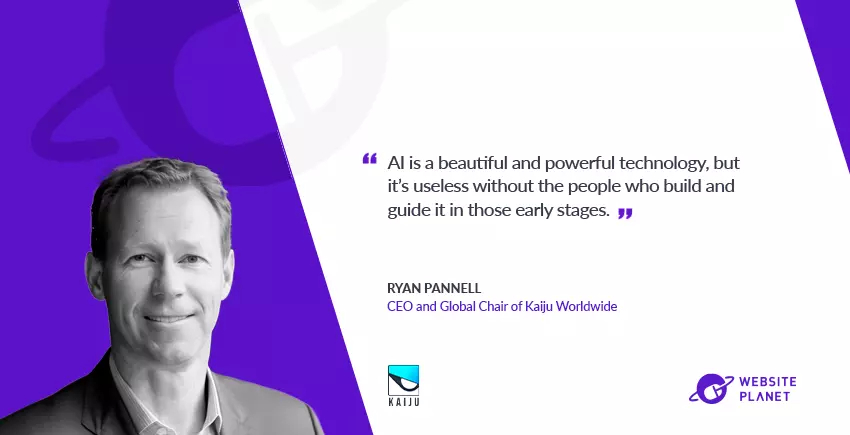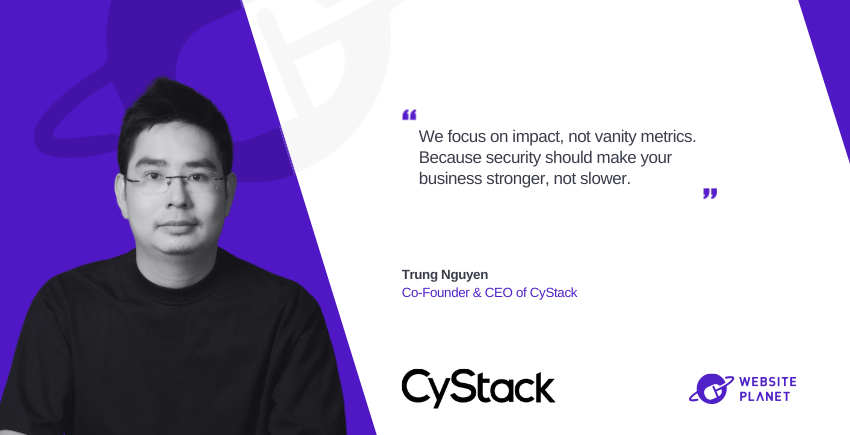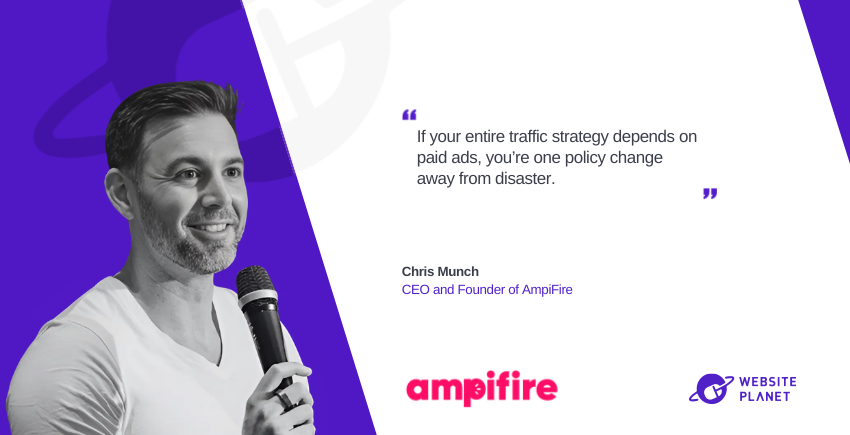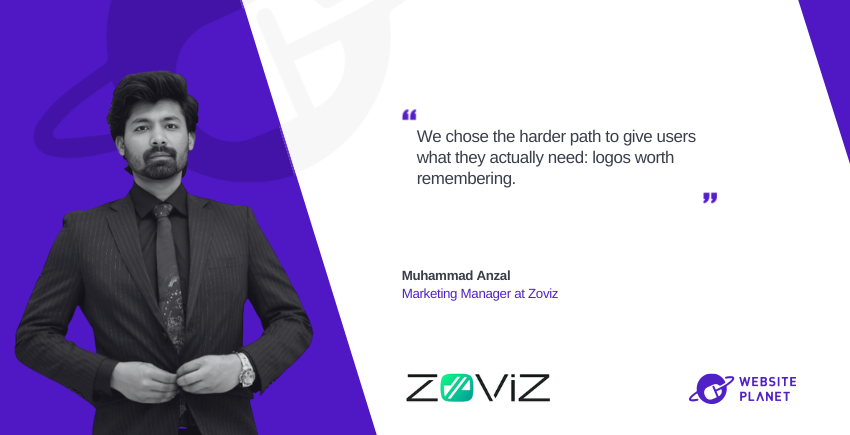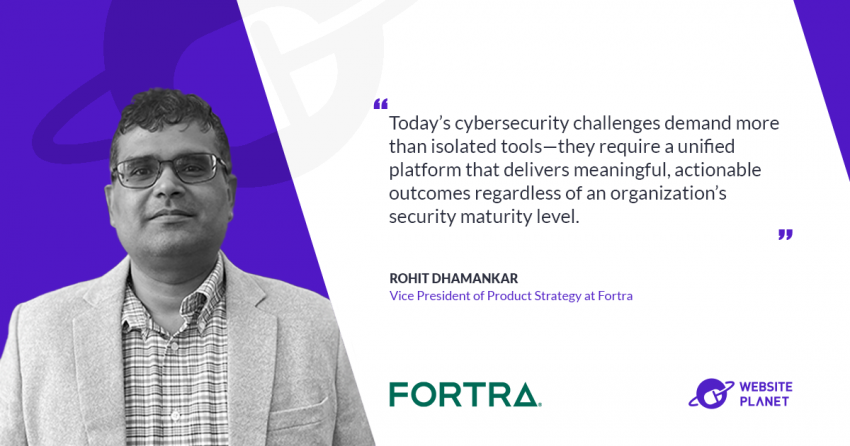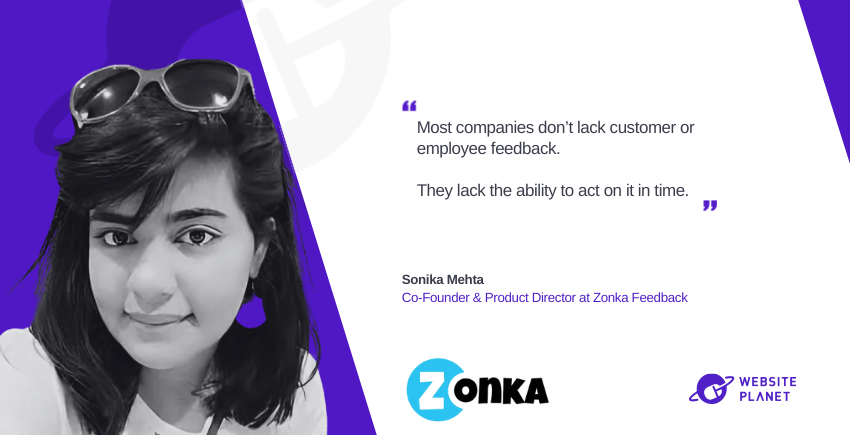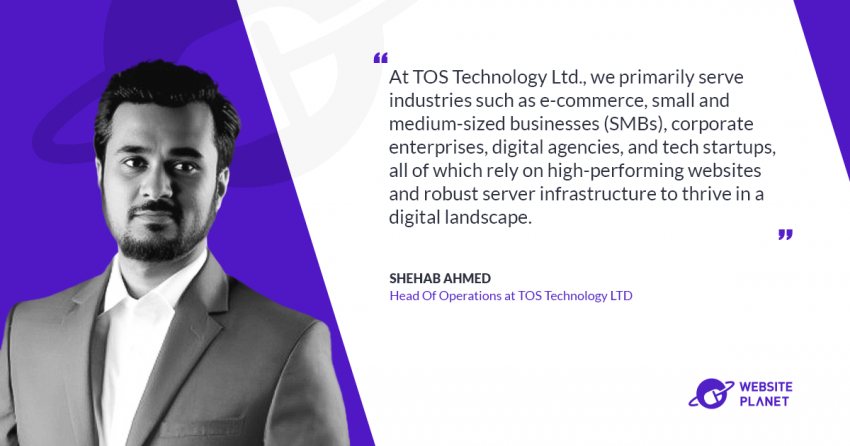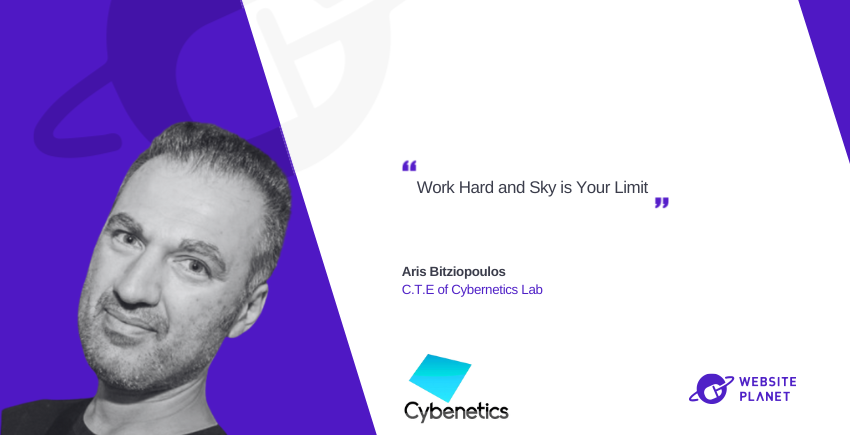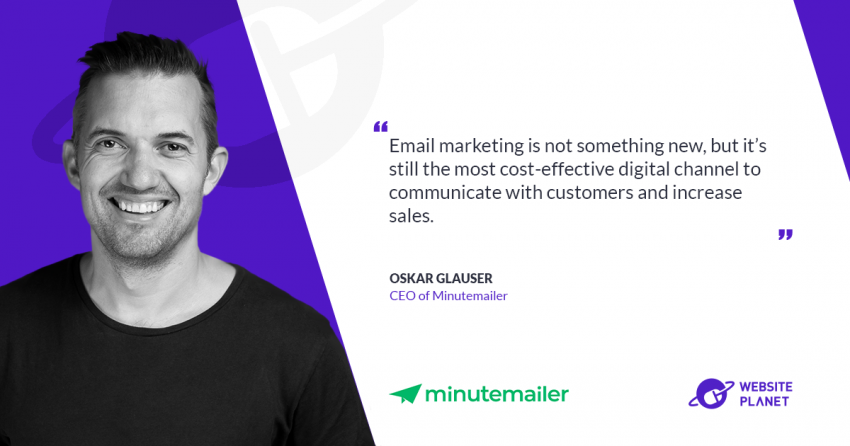Today,
Website Planet is joined by Ryan Pannell, CEO and Global Chair of Kaiju Worldwide, a leading ecosystem of predictive AI companies specializing in autonomous trading systems for capital markets. Ryan shares insights into building Kaiju from the ground up all the way to making the company worth $660M, overcoming challenges in AI, and shaping the future of investment through predictive technologies.
To start, tell us what are the measurable achievements you are most proud of?
I’m most proud of building Kaiju from the ground up. When we started, we were trailblazing; there was no guidance in terms of AI best practices and no success stories to follow. We built all our own foundational architecture, all the engines we use today, thousands of neural nets, and all the trading strategies, without outside help or guidance. It was an enormous amount of work, and not without setbacks, but we did it.
What pain point(s) do you solve for your customers? What was the “aha Moment” that led to the idea? Can you share that story with us?
There are patterns which occur in the price, time, and quantity data of stocks which reliably predict behaviours. Systematic trading takes the manual heavy lifting and guesswork out of investment management; it doesn’t matter what a company does or where it is in its lifecycle – if the pattern is there, the behaviour follows, and that’s profitable.
Adding AI to systematic trading makes it autonomous in terms of its capability to change and evolve along with the markets. What happened yesterday won’t necessarily happen tomorrow, and a good manager needs to adapt. AI does that faster and better than any human ever could, because it sees everything; we can only see a fraction of what AI perceives.
What do you think makes your company stand out? What are you most proud of?
Our talent, because AI is a beautiful and powerful technology, but it’s useless without the people who build and guide it in those early stages. We are lucky to have some of the top minds in the world working here, and strong formal relationships with top schools like Imperial College and the University of Zurich which give us direct access to the top minds of tomorrow as well.
Is there any advice you’ve received in your career that you now wish you never followed? What happened?
Yeah, I wish I’d never hired so-called “experts” based on the advice of others. I wish I had interviewed better/harder, and been more critical early on. I’ve been fortunate not to have had many bad hires – probably less than 10% – but I have had a few, including consulting groups, and boy were they both awful, and damaging. Probably cost me about $10M all in all, which isn’t a lot for a $660M company – but it still stings.
Based on your experiences, what trends and technologies are currently underestimated or overlooked, but can significantly impact your industry? How are you going to adapt?
I think predictive AI is underestimated at present. We are starting to see some traction in areas which previously we’d seen resistance, but humans really do like to think that we are better investment managers than machines, and while true in some cases (and when it comes to understanding the needs of the individual, true in all cases), most of the time we are not.
This isn’t to say that people should trust their investing to ChatGPT (they absolutely should not), but rather that the average person needs to be more open to considering how predictive AI can help them achieve their goals. In terms of adaptation, what I think we in the industry need to do most is build trust.
There’s still a lot of skepticism around AI, and that’s for good reason; 60 years of it being the villain in pop culture is tough to just set aside. But I think if we can take the first step, lead with education rather than ego, and earn trust of potential clients, we can close that gap and get everyone comfortable with a truly transformative new technology.
How can our readers follow your work?
LinkedIn:
- https://www.linkedin.com/in/ryanpannell/
- https://www.linkedin.com/company/kaijuworldwide
Website: https://www.kaiju.ai/
